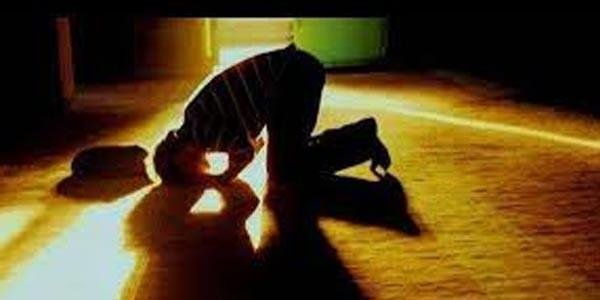 Prayer at the beginning of time will receive the pleasure of Allah. Prayer in the middle of time gets mercy from God. And prayers at the end of time will get forgiveness from God. (HR Ad-Daruquthuni)
Prayer at the beginning of time will receive the pleasure of Allah. Prayer in the middle of time gets mercy from God. And prayers at the end of time will get forgiveness from God. (HR Ad-Daruquthuni)
But most scholars do not think so. They say that the main prayer is done at the beginning of time. But if for one reason or another the prayer is performed not at the beginning of time, the law remains valid and innocent. But in terms of reward of course the value is much different.
What is agreed upon by the scholars about the sins of those who delay prayers is when someone with negligence and deliberately delayed the work of prayer, until missed the time. That is where the scholars agree he has sinned.
Sometimes the prayers are more important to be postponed, if there are things that are considered syar'i to delay it. Even in certain cases to end the prayers is even more advisable, if there is a syar'i and justified justification. Among others:
- No Water
In the state of scarcity of water for the ablution, but there is still the confidence and hope to get it at the end of time, the scholars agreed to say that the prayers are better postponed, even though it reached the end of its time.
The Ash-Shafi'iyah school asserts that it is more important to postpone prayer but by performing wudu using water instead of praying at the beginning of time, but only by tayammum with the soil.
- Waiting for the congregation
Although prayer at the beginning of time is more important, in fact it is not absolute. Because it turns out the Prophet himself did not always pray at the beginning of time. There were times when he delayed the prayer for some time, but still in time.
One of them is Isya prayer 'which sometimes he ends it, even commented on as the main prayer time.
From Abi Bazrah Al-Aslami said, And the Prophet likes to delay the Isha prayer, does not like to sleep before and does not like to chat afterwards. "(Narrated by Bukhari Muslim)
In fact, he often slowed the commencement of prayers when he saw the congregation had not assembled everything. For example in the Isha prayers, he often delayed the start of prayer when he saw his companions had not all arrived at the mosque.
And the time of Isha sometimes, when the Apostle sees them (the Companions) have gathered, then accelerated. But when he sees them slow, he is rejected.